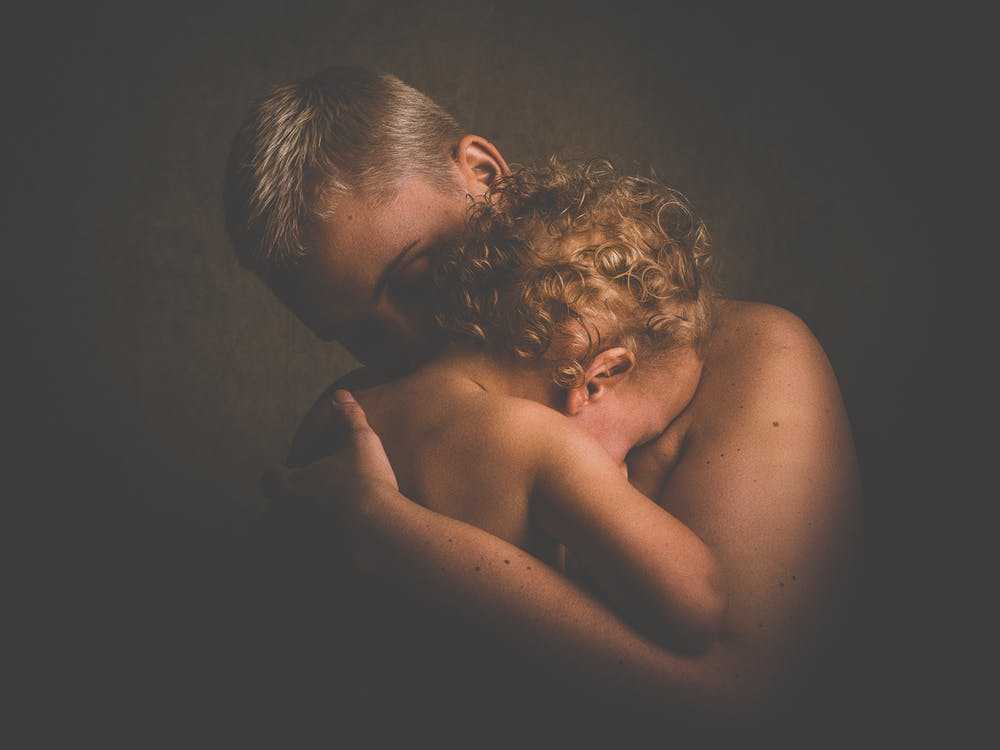In the second round table programme, a debate on a burning issue: “origin and filiation: what to communicate?”
On 6 June, on the occasion of fertility awareness week (from June 4 to 10, 2018), we organized in Paris, in partnership with Doctissimo and the association Collectif BAMP, half a day of discussions led by Marc Tronchot, the former editor in chief of the Europe 1 network. As a central theme of this event, there was an issue that concerns all of us directly or indirectly, namely, the desire to have a baby. Our goal: to raise awareness, inform and reflect!
If you haven’t yet read the article from the first round table, there is a debate on the question: Is the desire to have a baby stronger than anything else? You can read it here.
In the second round table programme, a debate on a burning issue: “origin and filiation: what to communicate?”
To put it another way: what is a family today? What to communicate to the children when the genetic link has been broken? Should the anonymity of the donation be questioned? All important questions which have been responded by:
- Laurence Brunet, jurist specialized in family law.
- Geneviève Delaisi de Parseval, psychoanalyst, president of the association Procréation Médicalement Anonyme (medically anonymous procreation).
- Muriel Douru, illustrator, blogger and author, among other things, of Beyond the lipstick: chronicles of a coming out (unpublished in Spain).
- Serge Hefez, psychoanalyst, family and conjugal therapist and author of La fabrique de la famille (unpublished in Spain).
- Virginie Rio, founder of the BAMP association.
From these exchanges, we will remain with the moving story of Muriel Douru, mother along with her partner, of a girl born thanks to a sperm donation: “My daughter is now 11 years old. Previously I lived in a working-class Parisian neighbourhood, and later in a small fairly Catholic provincial town, although at all times we have felt welcome as a family. (…) The commitment of my partner with respect to my daughter is totally incredible. There is no genetic link between them, and yet she loves her unconditionally. (…) The blood tie is not the only factor that makes someone a good mother.”
“The boundaries of what makes a family are increasingly flexible,” Dr. Hefez reminds us.
For Geneviève Delaisi de Perseval, it is essential to humanize gamete donation: “The most important thing for me is for parents to recognize all the biographical figures in the family, including donors and gamete donors”.
For the jurist Laurence Brunet, “by laying down the laws of bioethics in France, we imagine that the fact that the woman carries the baby in her womb would make her totally forget the donation. However, when we listen to testimonies we see that it is not as simple as that, and that we must rethink the position of motherhood in law. ”
For Virginie Rio “there are as many situations as there are families, and there are still difficulties, fears, or even misgivings for certain families when it comes to telling and expressing the story of their desire to have a baby and the path they have followed.” For her, “it is important to tell people that if they choose donation, they should ask themselves all the questions imaginable and answer them to themselves, in order to welcome their baby as calmly as possible.”
To find out more, Eugin invites you to live -or to relive- this second round table and to discover the sensations that Nathalie and Hugues have had on the question of the anonymity of the donation, which is a complex question that is not always perceived in the same way by the couple themselves.
The link to the testimony in French: https://1drv.ms/v/s!AtTPZwyxtHBwrCrr68vIORgv9Bmc
The link to the full conference in French: https://1drv.ms/v/s!AtTPZwyxtHBwrCxYGtWZQTgvPRyP






